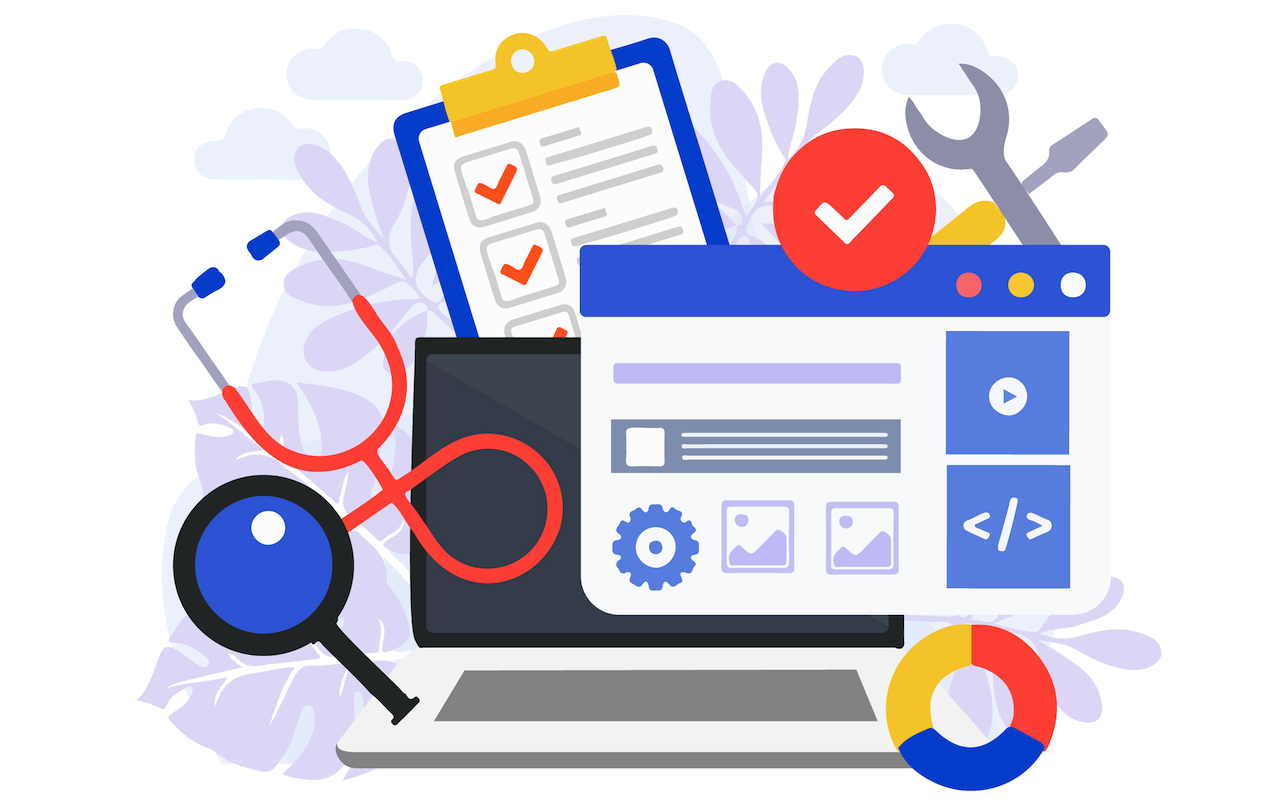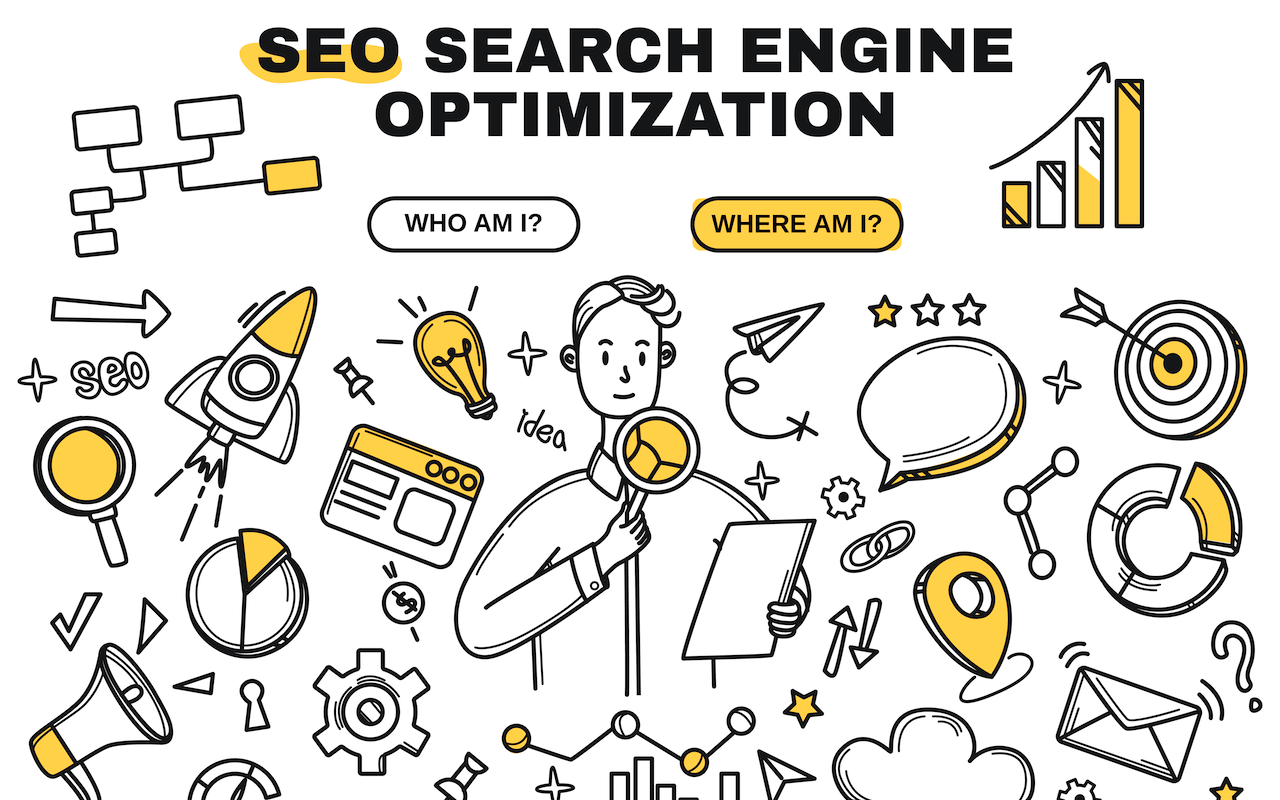
Getting noticed online today is tougher than ever, and that’s where SEO steps in as your best ally. The right keywords, optimized content, and smart analytics can put your website on the map. However, let’s be honest, many SEO tools come with a hidden price, collecting your data and putting it at risk. With privacy becoming a top concern for businesses and users alike, it’s no longer just about ranking higher, but also about staying safe. Fortunately, the market is full of with SEO tools that let you perform the tasks without endangering sensitive data. Most of such tools now contain AI functionalities, which means that they work remarkably fast. Below, we’ll take a closer look at the top solutions that are worth using.








